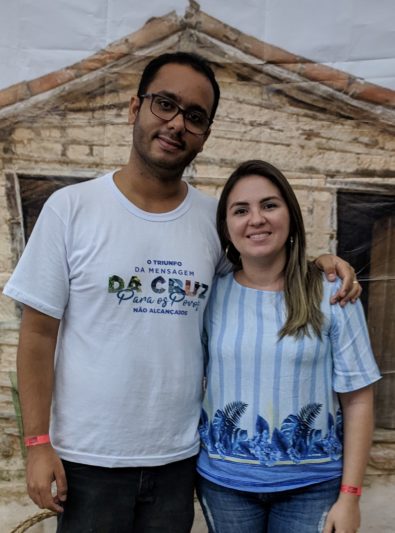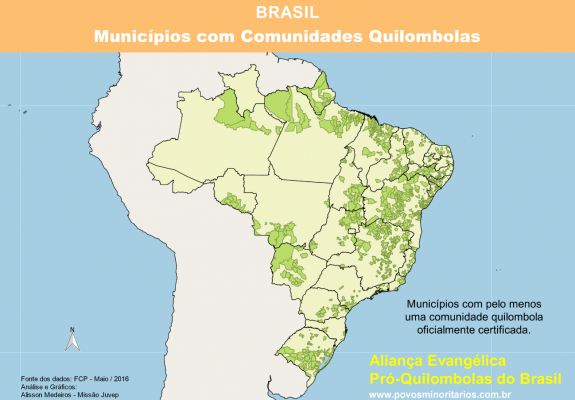Taking the Gospel to the Quilombolas
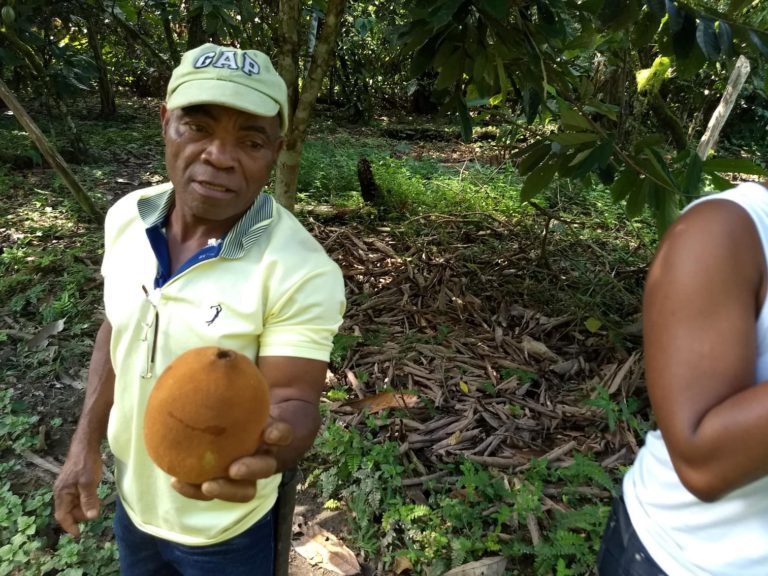
Who are the Quilombolas?
About Brazil's Quilombolas
Quilombolas are a collection of peoples in Brazil whose ancestors were slaves that escaped to remote areas, avoided recapture and were able to create sustaining communities. Because of this history, Quilombolas tend to be reclusive and extremely suspicious of outsiders. They are difficult to reach and with rare exception do not like to be photographed. Quilombolas are not well researched and our understanding of the communities and their locations is incomplete. Please help take the gospel to the Quilombolas.
Official definition for Quilombolas:
Quilombola communities are ethnic groups – predominantly rural or urban black populations – who define themselves from their relationships with land, kinship, territory, ancestry, traditions and cultural practices.
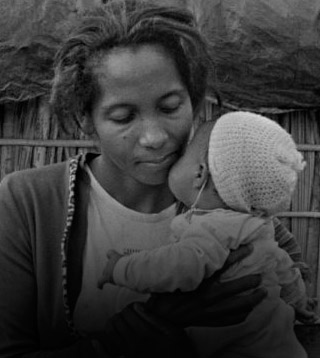
The Brazilian Quilombolas, in their historical and regional contexts, determined some aspects of Brazil’s economic, political and social formation. The occupation process and the ethno-demographic profile of many regions cannot be understood if dissociated from this important historical factor (PASSOS, 1996). According to this author, Bahia is one of the states where most land conflicts occur in Brazil in addition to high rates of malnutrition and illiteracy.
The state of Bahia is the state with the largest black presence in Brazil, with over 70% of its population being of African descent. Its capital Salvador has the largest population of blacks outside Africa. This reflects the past establishment of a network of slave domination which lasted for over 350 years until slavery was outlawed in Brazil in 1888. On the other hand, it was also in Bahia where the resistance against slavery became more significant. Many of the great slave revolts in Brazilian history, such as the 1798 Revolt of the Alfaiates, were started by or had heavy support from Bahians.
Reaching the Lost Quilombolas in Bahia
JUVEP supports some missionaries that take the gospel to the Quilombolas. For example, Goldemberg and Jaqueline live in Itarare, in the Brazilian state of Bahia. In the distant past, Bahia was a region with a very large slave population. Today it has the largest number of Quilombola communities of any state in Brazil. Goldemberg and Jaqueline are having success reaching the Quilombolas of Bahia, but more support is always welcome.
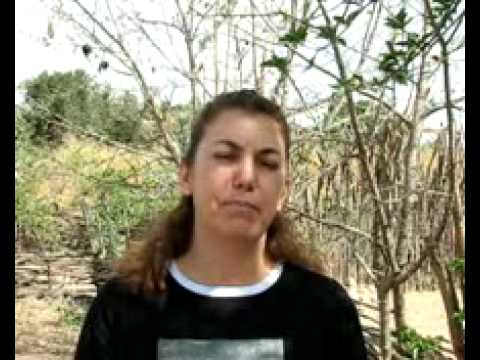
Vision for Evangelism to the Northeastern Quilombolas
Romans 10:13 says that all who invoke the name of Jesus will be saved. At this time, many Quilombolas are dying with never hearing the news of Jesus. They have never had the chance to embrace their advocate. The good news of Jesus Christ is wholly unknown to them, and many perish without hope. Romans 10:17 states “faith comes from hearing the message, and the message is heard through the word about Christ.” Let’s take the gospel to the Quilombolas, so they can hear the message and believe rather than live and die in darkness.
Future Goals in Quilombola Evangelism
- Complete a survey of all Quilombola communities in the Northeast of Brazil, cataloging and ministering to their needs.
- Engage directly with community leaders, creating an opening for evangelistic outreach.
- Bring new believers to Christ, planting the first seeds in unreached areas.
- Train up Quilombola leaders to be pastors, lay leaders and evangelists.
- With a core of believers, form churches in local Quilombola communities.
- Provide support for the new churches and church leaders.
- Teach the new churches to embrace spreading the Gospel as a core responsibility.
How to Support Quilombola Evangelism
Today, evangelism to the Quilombolas of Northeast Brazil is primarily limited by lack of funding. The Sertão is large and travel to remote villages necessitates the use of vehicles. Fuel is costly and many roads in the Sertão are tough on cars. Some villages are impossible to reach by car, and must be reached through the use of a boat. Evangelism to Quilombola communities is vastly more difficult logistically than evangelism to many other communities of people in the Sertão. Your financial support can allow missionaries to these peoples such as Goldemberg and Jaqueline to reach more needy souls.
Satan likes keeping the Quilombola people in hopeless darkness, but the light of the good news of Jesus can transform their lives into ones of joy, peace, and love. Your support through prayer can mean the world to the efforts of missionaries to the Quilombola people.
